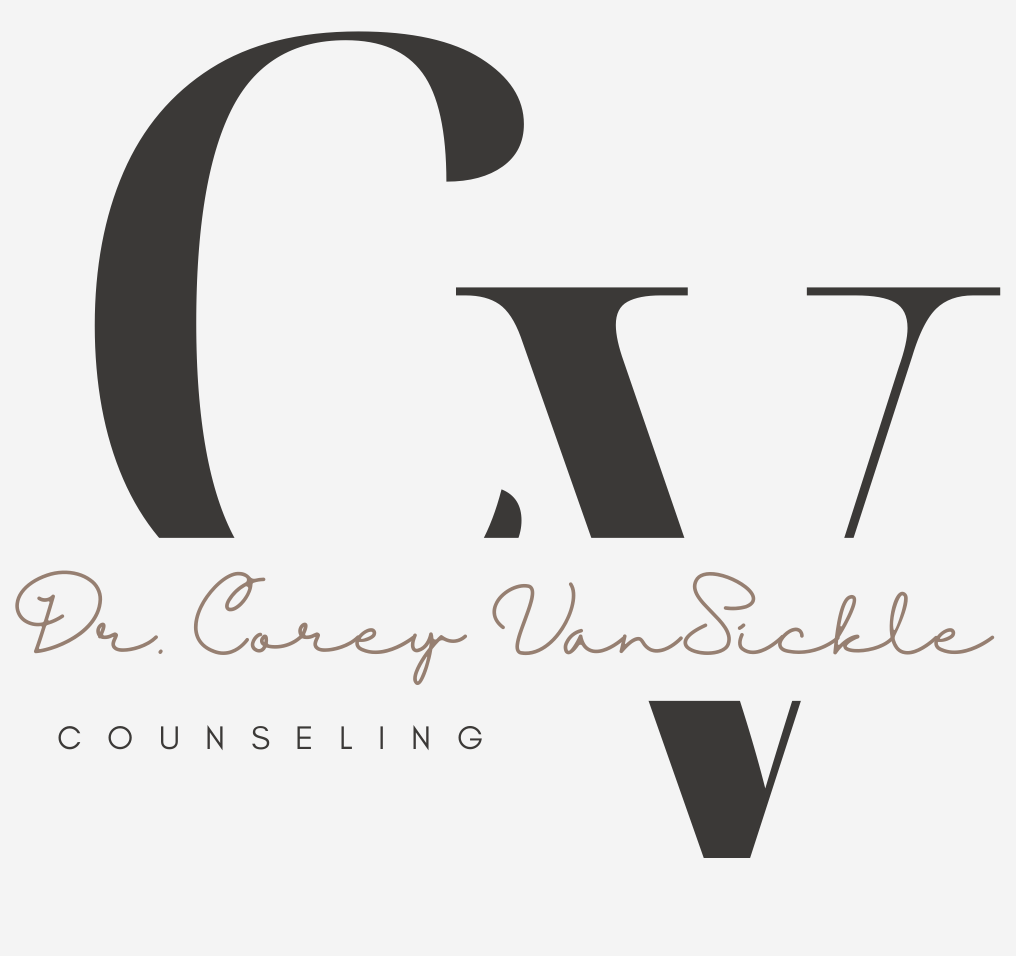Grief
Grief is a deeply personal and complex journey—one that affects every aspect of life. Whether it stems from the loss of a loved one, a significant life change, or an unexpected transition, grief can feel overwhelming and isolating. My experience in a palliative care clinic and cancer treatment center helps me to provide a compassionate, supportive space for individuals navigating loss, helping them process emotions, find meaning, and move forward in their own time and way.
Understanding Grief
Grief is not a linear process; it’s a deeply individual experience that unfolds differently for everyone. While many are familiar with the five stages of grief—denial, anger, bargaining, depression, and acceptance—grief doesn’t always follow a set path. It can ebb and flow, sometimes resurfacing in unexpected ways. My role as a grief counselor is to provide support through all the ups and downs of this journey, offering tools and guidance to help individuals process their loss in a way that honors their unique experience.

Understanding Anxiety
Anxiety is not a one-size-fits-all experience. It can manifest as generalized anxiety disorder, social anxiety, panic attacks, or specific phobias, among other forms. What they all have in common is a feeling of unease or dread that can be both mentally and physically taxing. In counseling sessions, I work with clients to demystify anxiety by:
- Identifying Triggers: Exploring what situations or thoughts contribute to the anxiety.
- Recognizing Physical Symptoms: Understanding how anxiety manifests physically, such as through rapid heartbeat, tension, or shortness of breath.
- Breaking the Cycle: Learning to interrupt negative thought patterns that feed the anxiety loop.
My Approach to Grief Counseling
Each person’s grief is unique, and my counseling approach is tailored to meet the needs of each individual. Here’s how I support clients in their healing journey:
Providing a Safe, Non-Judgmental Space
Grief can be complicated by feelings of guilt, anger, or even relief. In our sessions, I create a space where you can express your emotions freely—without fear of judgment or expectation.
Helping You Understand and Process Your Emotions
Grief often brings a mix of emotions that can feel confusing or overwhelming. Together, we work through these feelings, helping you process your loss in a way that allows for healing.
Developing Coping Strategies
Healing from grief doesn’t mean forgetting—it means learning to carry the loss in a way that allows you to live fully. I help clients develop coping strategies, such as mindfulness, journaling, or creating meaningful rituals, to support them in their daily lives.
Honoring and Remembering Without Being Stuck in Pain
A key part of grief counseling is helping clients find ways to honor their loss while still moving forward. Whether it’s through storytelling, memorializing a loved one, or finding new sources of meaning, we work together to create a path that feels right for you.
Guiding Through Different Types of Loss
Grief isn’t only about losing a loved one. Many experience grief from:
- Divorce or the end of a relationship
- Loss of a job or major life role
- Health changes or chronic illness
- Relocation or significant life transitions
Whatever the loss, I provide support tailored to the unique nature of each grieving experience.
Grief may never fully go away, but it can become something we integrate into our lives with meaning, resilience, and hope. Healing doesn’t mean forgetting—it means learning to live in a way that honors both the past and the present.
If you are struggling with grief and need support, know that you don’t have to walk this path alone. I’m here to help you navigate the pain, find peace in your journey, and take steps toward healing at your own pace.

